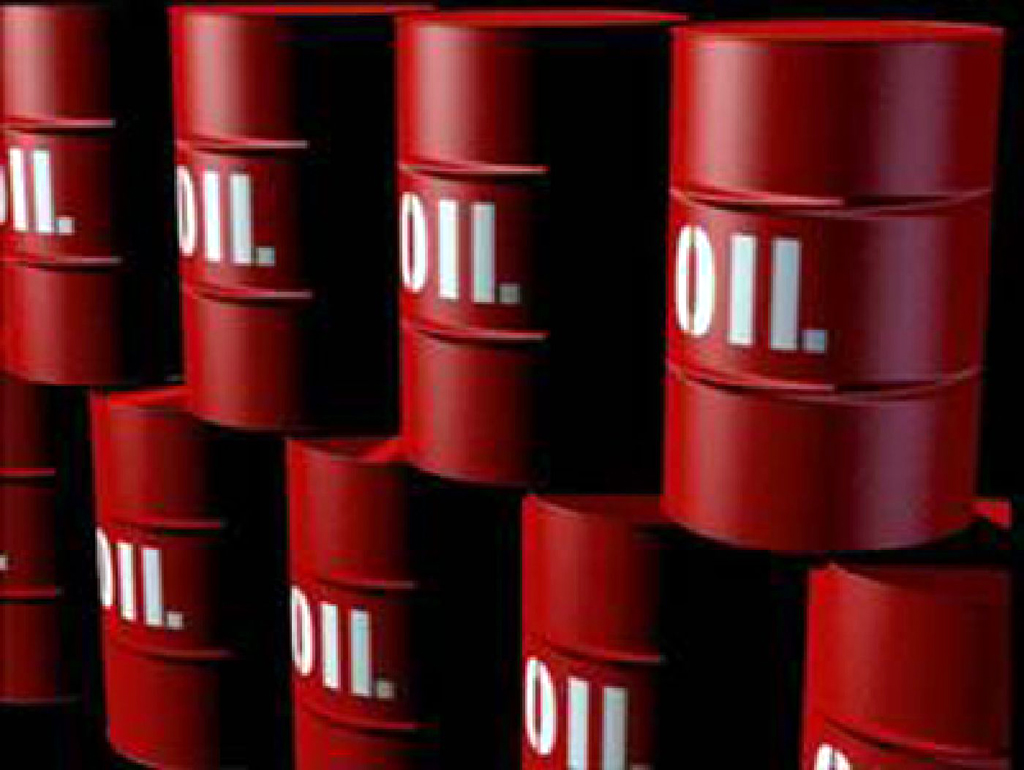 HOUSTON: Oil futures edged up on Tuesday as OPEC supply cuts and Middle East tensions kept global benchmark Brent crude above $64 a barrel, while gains were limited by the US-China trade dispute that has dragged on the global economy and crimped oil demand.
HOUSTON: Oil futures edged up on Tuesday as OPEC supply cuts and Middle East tensions kept global benchmark Brent crude above $64 a barrel, while gains were limited by the US-China trade dispute that has dragged on the global economy and crimped oil demand.
OPEC and allied producers led by Russia agreed last week to extend their supply-cutting deal until March 2020. Brent has risen almost 20pc in 2019, supported by the pact and tensions in the Middle East, especially the row over Iran's nuclear programme.
Brent rose 16 cents to $64.27 a barrel by 10:06 a.m. CST (1506 GMT). US West Texas Intermediate crude was up 5 cents to $57.71.
"Tightened supplies have provided an undercurrent of support," said Gene McGillian, vice president of market research at Tradition Energy in Stamford, Connecticut. "The market is showing signs of stabilizing."
Also supporting prices was an Iranian military official's comments that Britain's seizure last week of an Iranian oil tanker off the coast of Gibraltar will not be "unanswered," according to the semi-official Tasnim news agency.
"Iranian military talking about payback for the Gibraltar situation has put a little bid in the market here," said Robert Yawger, director of energy futures at Mizuho in New York.
Rising tensions have brought Iran and the United States close to conflict.
The European Union on Tuesday urged Iran to reverse its scaled up uranium enrichment that breaches a nuclear deal it agreed in 2015 with world powers. Washington withdrew from the accord last year and re-imposed sanctions.
Oil also gained support from forecasts that US data would show US crude stockpiles fell 3.6 million barrels in the latest week.
The first supply report is due at 4:30 p.m. EDT (2030 GMT) from the American Petroleum Institute, an industry group. The US Energy Information Agency reports on Wednesday morning.
Russian oil output fell close to a three-year low in early July, industry sources told Reuters. This follows discovery of contaminated Urals crude that affected the Druzhba pipeline to Europe.
"The Russian story definitely supports prices today. ... lower Russian output together with elevated compliance from OPEC nations should rebalance the oil market faster," said Giovanni Staunovo, oil analyst for UBS.
Price gains were capped by the US-China trade war that has dampened prospects for global economic growth.
The world's two largest oil consumers are set to relaunch trade talks this week, although there are few signs their differences have narrowed.






















Comments
Comments are closed.